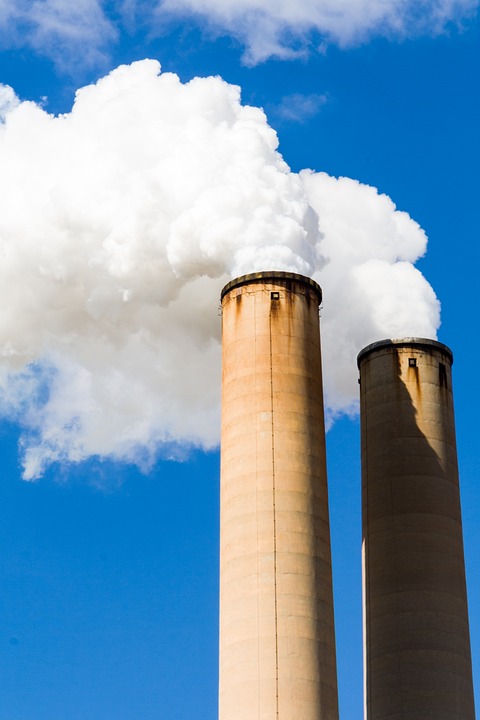Introduction
Global warming and climate change are two terms that are often used interchangeably, but they actually refer to different phenomena. While global warming specifically refers to the increase in the Earth’s average surface temperature due to human activities, climate change encompasses a broader range of effects on the planet’s climate system. So why do we use the term climate change instead of global warming? Let’s delve into the reasons behind this linguistic shift.
1. The Scope of the Issue
Climate change is a more encompassing term that includes not just the warming of the planet, but also other changes in the climate system such as extreme weather events, sea level rise, and shifts in precipitation patterns. By using the term climate change, we are able to capture the full scope of the impact that human activities are having on the planet.
2. Political and Social Implications
The term global warming can sometimes be misleading as it implies a gradual and uniform increase in temperature across the globe. However, climate change is a more accurate description of the phenomenon as it acknowledges that the effects of human activities on the climate system are complex and varied. This can help to convey the urgency and seriousness of the issue to policymakers and the public.
3. Scientific Accuracy
From a scientific standpoint, climate change is a more accurate term than global warming as it reflects the multiple ways in which human activities are altering the Earth’s climate system. While global warming is a key aspect of climate change, it is just one piece of the puzzle. By using the term climate change, scientists are able to communicate the full range of impacts that human activities are having on the planet.
Conclusion
In conclusion, the shift from using the term global warming to climate change reflects a more comprehensive understanding of the ways in which human activities are impacting the Earth’s climate system. By using the term climate change, we are able to convey the full scope and complexity of the issue, which is crucial for addressing the challenges posed by a changing climate.

Kyle Whyte is a notable scholar and professor at the University of Michigan, holding positions such as the George Willis Pack Professor in the School for Environment and Sustainability and Professor of Philosophy. Specializing in environmental justice, his work critically examines climate policy and Indigenous peoples’ ethics, emphasizing the nexus between cooperative scientific endeavors and Indigenous justice. As an enrolled Citizen Potawatomi Nation member, he brings a vital perspective to his roles as a U.S. Science Envoy and member of the White House Environmental Justice Advisory Council. His influential research is supported by various prestigious organizations including the National Science Foundation, and disseminated through publications in high-impact journals. Kyle actively contributes to global Indigenous research methodologies and education, with affiliations to numerous institutes and societies dedicated to traditional knowledge and sustainability. Recognized for his academic and community engagement, Kyle has earned multiple awards and served in various visiting professorships. His efforts extend to leadership positions on boards and committees focused on environmental justice nationwide.
